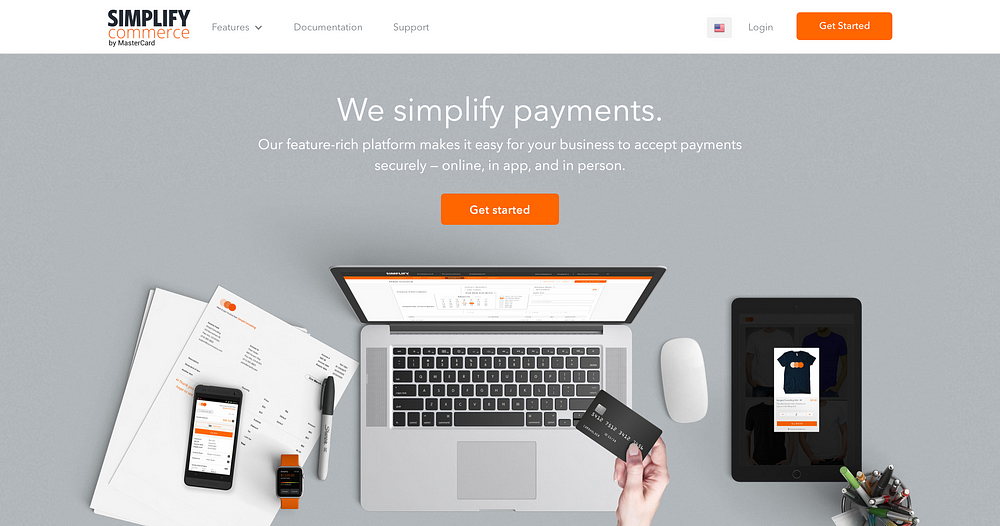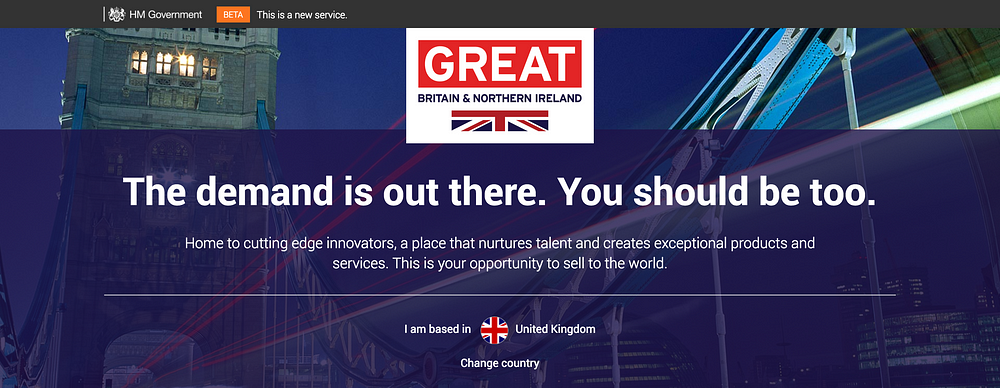4th Digital Leaders Conference: Supporting Digital Adoption and Growth in SMEs
December 01 @ 9:00 am - 4:00 pm
London
http://www.digileadersconference.com/ is a day of sharing thought leadership, innovative ideas and industry insight on how the country is adapting to and adopting digital technologies to help growth and prosperity. There were lots of lessons for businesses and charities alike, and here’s what we learned.
The theme of today is Digital Adoption & Growth — ie Digital Transformation for UK industry.
First, a bit of context setting:


An example of adoption is the Berwick Shellfish Company who were enabled to move from being a trade only wholesaler to adding on an eCommerce business. In their first month they turned over £6,000 and it’s grown from there.
Small businesses have an opportunity because they don’t have any legacy systems — which means they can get ahead of many of their larger competitors.
Organisations are increasingly seeing hardware as a commodity that can be swapped in and out — but that the apps and digital tools they use are the strategic investment decisions that matter most.
Flexible tools that can be swapped in and out with adaptive pricing models are what small organisations need. They have the hardware to use these in their pocket, but finding the right ones for them is the challenge.

Mastercard see themselves as a payments technology company — credit cards are only a small part of what they do. They are investing in tools and services that will enable all kinds of organisations that are currently not making the most of digital to generate value.
Most organisations have multiple bank and operational interfaces combined with physical processes. Mastercard want to drive efficiences within this system.
With their app, as Samsung are doing for technology, Mastercard are looking to create financial tools that are integrated across all of a business’ needs, rather than needing separate apps for each type of experience.
CGI are consultants to government and industries where information is the key commodity. Their background has been working with large scale partners.
They have realised that moving forward, the cutting edge is going to be at the smaller end of the spectrum. The most exciting stuff is two or three people working round Silicon Roundabout rather than at Oracle. As such, they have started to build strategic partnerships with SMEs rather than acquiring a never ending set of tools.
The Cabinet Office has set a target of 25% of public sector contracts being spent with SMEs to go back into the UK economy.
By partnering with 500 of these SMEs, CGI get access to their technology whilst SMEs get access to CGI’s scale, infrastructure and customers. Both benefit.

In a large scale organisation, where business case is king, every idea cannot make it through the prioritisation process. This is much easier within start ups as they can chase a singular idea and test whether it’s got legs in the real world. This isn’t possible or efficient, in a large scale corporate environment.
Reciprocal NDA + Ethical Code of Conduct + Credit Check are all the elements that they put on their SME partners.
Startups want to focus on a single industry rather than work across verticals. A digital healthcare app won’t want to work in finance, even if their product might generate value and meet a similar need.
Across the UK, large organisations supply to large organisations. SMEs can’t do so and are left to supply other SMEs. Cloud services and its scalability are changing this to allow start ups to work with big big organisations.
One of the leading examples in this, is the UK government. 5 years there were 8 suppliers that had 80% of the government spend. Through the use of their G-cloud platform, the government have drastically changed this in favour of startups and SMEs. It’s still only at 30% of procurement spend though.
Challenges to adopting the cloud:
When the cloud works well, it’s able to bring small suppliers and organisations together on a common platform, to deliver big projects at speed and scale. The Ministry of Justice currently have 14 SMEs delivering a single project in 6 weeks, that previously took them 18 months thanks to the UKCloud platform.

Only 11% of start ups and SMEs work beyond the UK borders. When they do, they generate on average an extra £300k of new value that wouldn’t have been possible otherwise.
The opportunity looks to be about £140Bn for the economy.
Only 5% of businesses have plans to start exporting in the next 3 years.
The UK’s IT and communications expertise are highly regarded and the Department of International trade provide significant support for helping these industries to take their knowledge beyond the UK. Chief among these is the new GREAT programme.